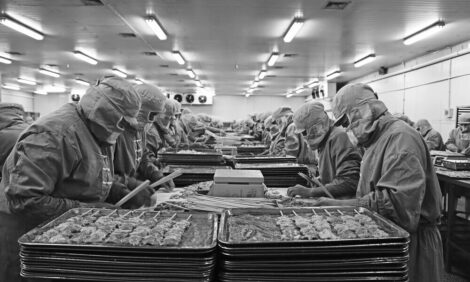



UK Avian Flu Housing Order Extended to End of February
UK - In response to the continued, heightened risk of H5N8 highly pathogenic avian influenza, the existing Avian Influenza Prevention Zones will remain in force until 28 February.Poultry and captive bird keepers must continue to house their birds, where practicable, maintain their biosecurity and keep a close watch on the health of their birds. The Zones cover the whole of England, Scotland and Wales.
In light of recent, confirmed cases of H5N8 in Great Britain, the extension of this order is a precautionary measure to help prevent infection from wild birds. The ban on poultry gatherings is still in place and will be reviewed according to the level of risk.
Following yesterday's confirmed avian flu outbreak in a backyard flock in Wales, the British Veterinary Association (BVA) and British Veterinary Poultry Association (BVPA) have reiterated their call for vigilance amongst all poultry keepers, vets and anyone visiting premises where birds are kept.
BVA Welsh Branch President, Neil Paton, said: “This is the first incident of this avian flu strain in a kept flock of chickens and ducks and it shows the very real risk that the disease poses to backyard flocks.
“A Prevention Zone has been put in place across the whole of Great Britain, requiring all poultry keepers to house their birds or, if that is not possible, to take measures that keep their birds separate from wild birds. This could include feeding and watering them under cover and keeping them away from standing water, so that wild birds are not attracted to visit.
“Tight biosecurity, such as maintaining high levels of cleanliness and hygiene and not allowing visitors to come close to your birds, alongside preventing contact with wild birds are crucial to stopping the spread of this disease.
“Signs of avian flu can vary between species of bird and could range from very mild signs like seeming ‘off colour’ or reduced feed or water intakes through to the severity of death. If you are concerned about your flock, please speak to your local vet. Anyone with suspicion of the disease in their birds should report this to the Animal Plant and Health Agency on 0300 303 8268 immediately.”








